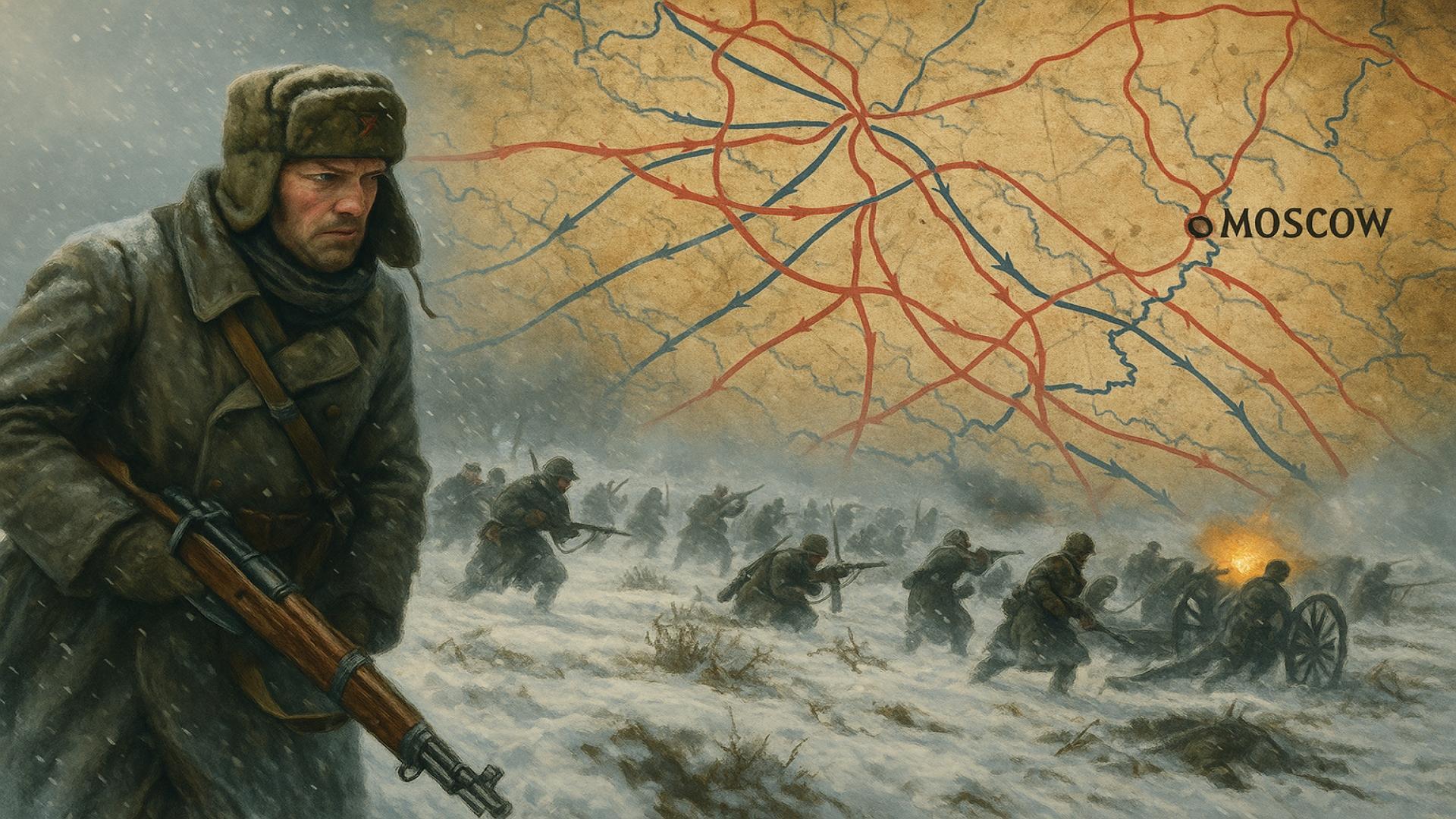4. Fierce Local Resistance

Throughout history, Russian civilians and military personnel have exhibited remarkable resilience against invaders through guerrilla warfare and popular uprisings. During Napoleon’s 1812 invasion, Russian forces employed scorched earth tactics, destroying resources to deprive the French army of supplies. Similarly, in World War II, Soviet partisans conducted systematic attacks against German forces, disrupting supply lines and gathering intelligence. These efforts significantly contributed to the eventual defeat of invading armies.















